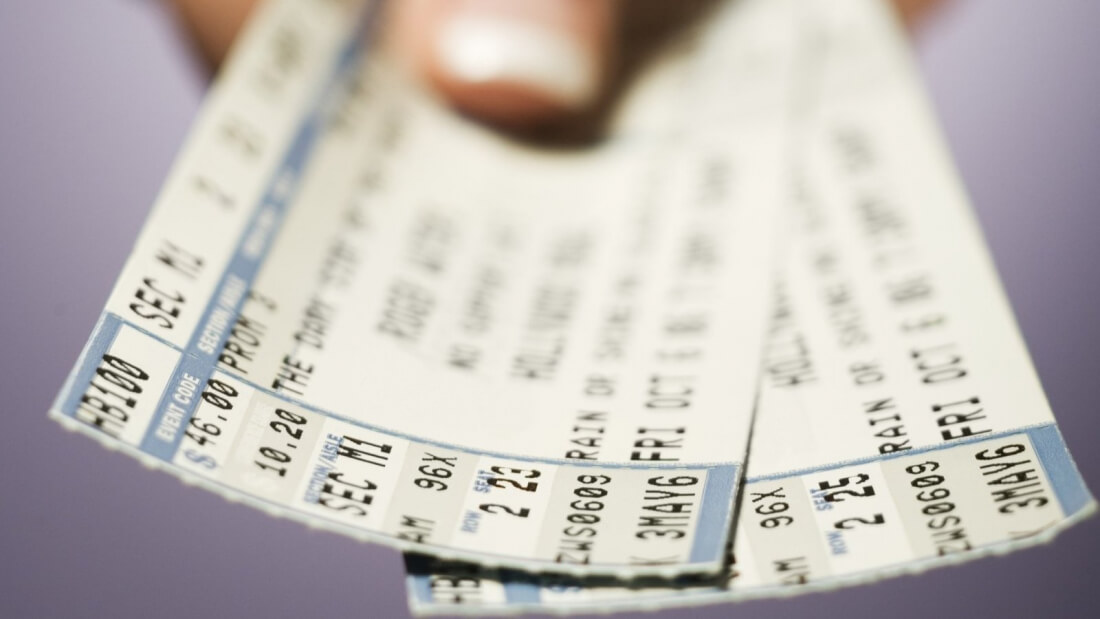Bottom line: Tickmaster publicly says it opposes scalpers, but new reports suggest that isn't always the case, especially when they're boosting the company's bottom line.
Ticketmaster has long claimed that, like most people, it's no fan of scalpers, and does what it can to combat the practice. But an undercover investigation by CBC News and the Toronto Star has revealed that the company partners with professional scalpers to inflate ticket prices, which in turn increases its profits.
Investigative journalists posing as scalpers were sent to a live entertainment conference at Caesar's Palace in Las Vegas in July, where representatives from Ticketmaster's resales division told them about the professional reseller program.
The reps admitted that the company turns a blind eye when resellers buy up large quantities of tickets using bots or fake identities, which allows them to circumvent rules on the number of tickets one person can purchase---usually six to eight.
"We don't spend any time looking at your Ticketmaster.com account. I don't care what you buy. It doesn't matter to me," a TradeDesk sales executive said. "There's total separation between Ticketmaster and our division. It's church and state [...] We don't monitor that at all."
Scalpers can resell their tickets at higher prices on Ticketmaster's invite-only platform, TradeDesk. Users get a 3 percent discount on Ticketmaster's usual 7 percent selling fee and receive extra benefits if they sell in large quantities---more discounts are offered when reaching $500,000 and $1 million in sales.
"I have brokers that have literally a couple of hundred accounts," said a rep. "It's not something that we look at or report."
The system allows Ticketmaster to collect two fees from the tickets it sells: the first comes from selling to the scalpers, while the second is from the inflated resale price. "So, for example, if Ticketmaster collects $25.75 on a $209.50 ticket on the initial sale, when the owner posts it for resale for $400 on the site, the company stands to collect an additional $76 on the same ticket," explains CBC.
Ticketmaster says that as long as there is an imbalance between supply and demand in live event tickets, "there will inevitably be a secondary market."
Catherine Martin, senior vice-president of communications, wrote: "As the world's leading ticketing platform, representing thousands of teams, artists and venues, we believe it is our job to offer a marketplace that provides a safe and fair place for fans to shop, buy and sell tickets in both the primary and secondary markets."
Back in 2016, New York introduced harsher penalties for online ticket scalping. Part of the law made it illegal to resell tickets that were obtained through the use of a bot, even if they're sold at face value. The UK introduced a similar law last year.
